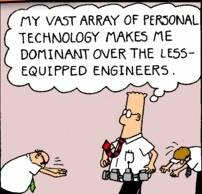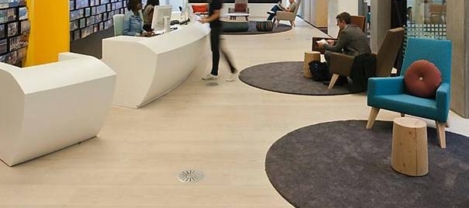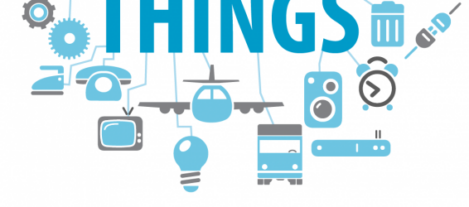December 21, 2015
Jobs growth predicted for next year, along with skills shortages 0
 More than two fifths (43 percent) of firms will grow their workforce next year, with permanent jobs outstripping temporary roles according to the latest CBI/Accenture Employment Trends Survey. Firms identify skills shortages as the top threat, with over half (52 percent) of respondents citing the development and maintenance of digital skills as having a new urgency. More than half intend giving staff a pay award at or above the RPI rate of inflation, but nervousness remains about the impact of the National Living Wage (NLW). Half (51 percent) of service sector respondents indicate they will raise their prices, 27 percent will employ fewer people and 18 percent will make changes to their reward packages as a result. Multi-skilling employees to improve productivity and the capacity to adapt is now the leading form of flexibility, operated by nearly four in five respondents (79 percent), followed by flexibility over location for work (73 percent).
More than two fifths (43 percent) of firms will grow their workforce next year, with permanent jobs outstripping temporary roles according to the latest CBI/Accenture Employment Trends Survey. Firms identify skills shortages as the top threat, with over half (52 percent) of respondents citing the development and maintenance of digital skills as having a new urgency. More than half intend giving staff a pay award at or above the RPI rate of inflation, but nervousness remains about the impact of the National Living Wage (NLW). Half (51 percent) of service sector respondents indicate they will raise their prices, 27 percent will employ fewer people and 18 percent will make changes to their reward packages as a result. Multi-skilling employees to improve productivity and the capacity to adapt is now the leading form of flexibility, operated by nearly four in five respondents (79 percent), followed by flexibility over location for work (73 percent).


































December 21, 2015
From workplace wellness programmes to a positive workplace culture 0
by Mark Eltringham • Comment, Wellbeing, Workplace, Workplace design
(more…)